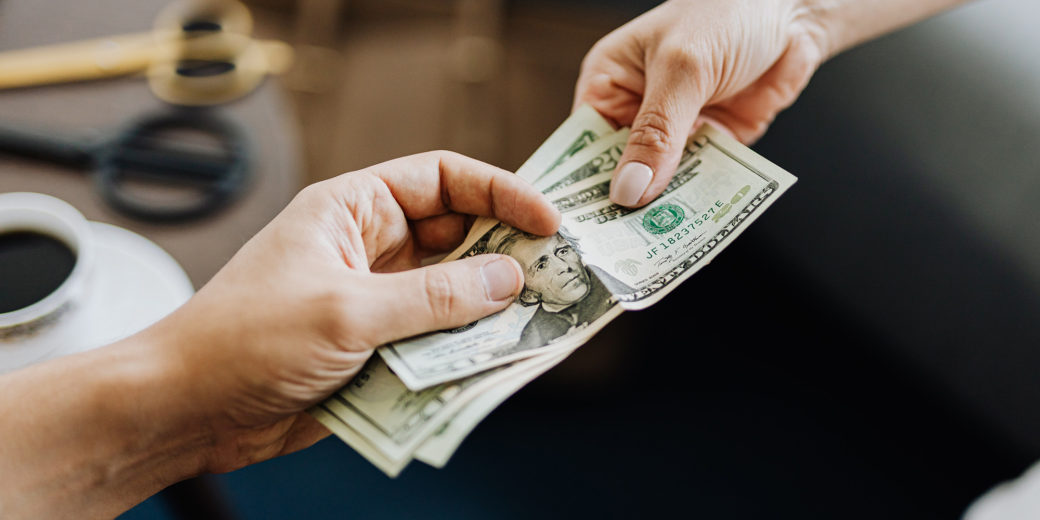3 Times Being Nice Will Kill Your Finances

Being responsible about finances is a must to enjoy a happy, comfortable life. Being a nice person is also important, both for your health and happiness, as well as the health and happiness of others in your life. However, being nice doesn't necessarily mean you should be a pushover. Being a pushover can lead to lowered confidence, decreased self-esteem, and even less money in your bank account.
There's a big difference between being aggressive and assertive. Aggressive implies you're always on the lookout for trouble, while assertive simply means that you stand up for yourself and that you don't take guff from others. Here are three ways being Mr. (or Mrs.) Nice Guy will absolutely destroy your financial outlook, and what you can do to avoid doormat status.
1. Not Filing Suit When Injured by Negligence
Personal injury cases get a bad rap. While many think of a typical ambulance chaser when it comes to personal injury, the truth is people must be held accountable for their negligent actions. Picture this: you're tooling along and another driver rear ends you, causing massive damage to your vehicle and a nasty case of whiplash. Now, imagine this driver is without the basic insurance coverage. If you lack comprehensive coverage, you will be on the hook for subsequent repairs and medical costs.
In this case, filing suit is the best thing you can do. Working with a personal injury attorney provides you legal options to help you pursue the compensation you rightly deserve. It also offers the added bonus of holding a negligent party responsible for their actions, which may prevent them from harming others in the future. And while you will need to pay for an attorney, most accept payment on a contingency basis when it comes to personal injury. That means they won't accept payment unless your case is successful.

2. Giving In to Personal Requests for Money
Most people have that friend or family member who constantly asks for financial help. Maybe they've been laid off from their job, or maybe they've run up their credit card bills. In either case, it's likely they view you as their own personal bank, especially if you consistently say yes when asked for money.
Saying no can be hard, especially when the person asking is a close personal friend or a loved one. However, not everyone who is close to you has your best interests in mind. In fact, some people take advantage of others because they know they can get away with it. When faced repeated requests for cash, start saying no. It's not necessary to offer explanations or excuses for why you can't pay. No is a complete sentence, and the person asking must respect that. If not, you should consider whether they should continue to play a role in your life.
[insert page='Offer' display='content']
3. Not Haggling When Buying a Car
You're probably already aware of the insane markups used by car dealerships. Car dealers charge for every little detail, often for things you don't even need. As a result, if you're walking into the dealership fully prepared to pay full price, no questions asked, you're doing yourself a major disservice.
Instead, ask questions. Point out inconsistencies in pricing. Keep in mind you hold the cards in the transaction, not the dealer. If you don't like an offer, you can always take your business elsewhere. Dealerships expect haggling, but are often pleasantly surprised when car buyers just accept the first price that is offered. While haggling feels odd, especially if you've never done it before, it's in your best interest to do so when buying a vehicle.

While it may take a bit of practice, adopting the above behaviors ensures your finances will remain in good shape. It also ensures you'll be able to look yourself in the mirror proudly every day.
